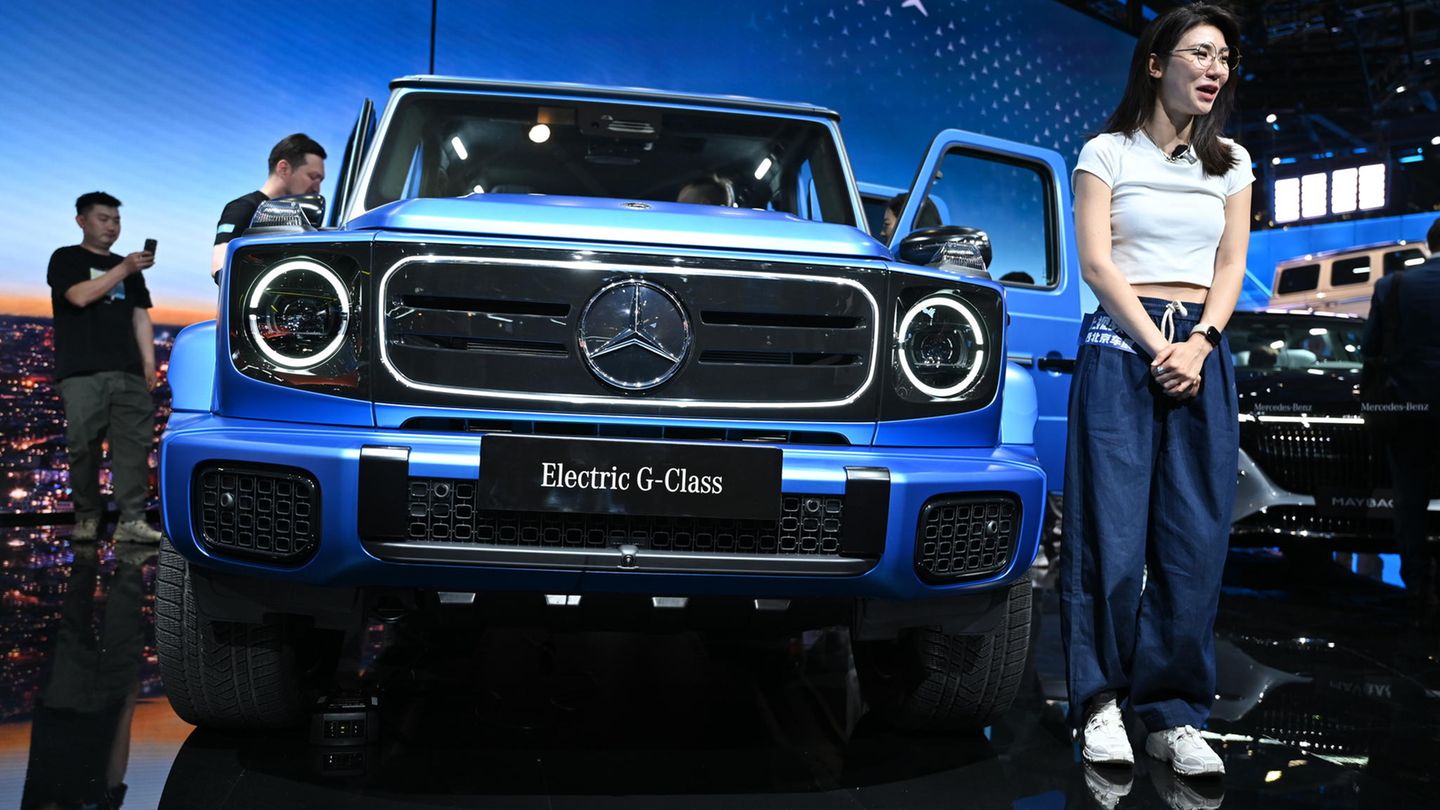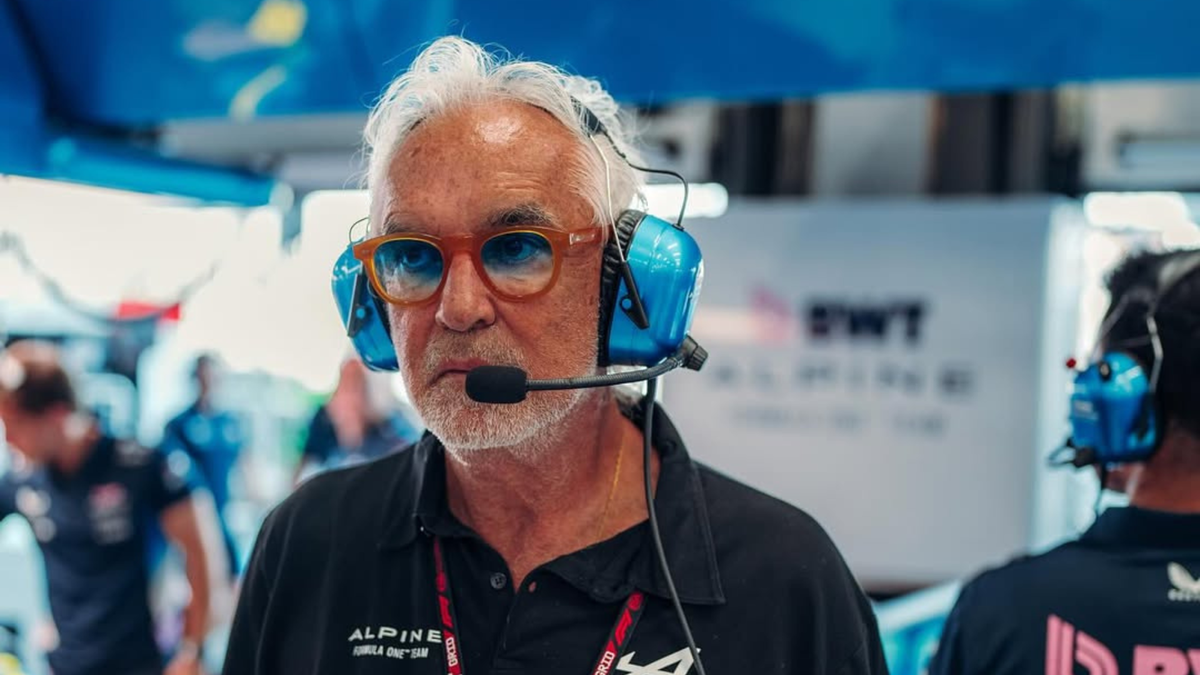The EU Commission is allowed to impose tariffs on electric cars produced in China. But it’s not a done deal yet – and there is resistance to the plan.
Representatives of the EU states have cleared the way for sometimes high countervailing duties on electric cars from China. The background is that, from Brussels’ perspective, Beijing supports cars manufactured in the People’s Republic with high subsidies that distort competition. The concern: European manufacturers and suppliers could fall under the wheels. But German car manufacturers and suppliers in particular view the project critically. An overview:
What exactly was voted on?
The key question is: Will manufacturers who produce in China and export from there to the EU be punished with additional tariffs from the beginning of November? Specifically, it is about tariffs of 7.8 percent for Tesla and 35.3 percent for companies that did not cooperate with the EU Commission in the investigation. The amount depends, among other things, on how many subsidies a manufacturer receives. They would be added to an already existing tariff of ten percent.
It is still unclear whether or to what extent the tariffs would be passed on to customers. If manufacturers do not pass on the costs, they would have to pay the surcharge out of their own pocket. According to calculations by the Kiel Institute for the World Economy (IfW) from the end of May, tariffs would lead to rising purchase prices for electric cars as imports of cars from China would decline. “The decline would be largely offset by increasing production within the EU and a lower volume of e-car exports, which would then mean noticeably higher prices for end consumers,” the institute wrote.
Which manufacturers are affected?
In addition to Chinese manufacturers such as BYD and Geely, German manufacturers would also be hit. The German top dogs VW, Mercedes and BMW also produce in China for export and would have to pay a corresponding surcharge. The two major European manufacturers left unanswered questions about the extent to which Renault from France or Fiat from Italy would be affected by the tariffs.
E-mobility for beginners
Everything you always wanted to know about charging but never dared to ask
“German and European manufacturers who export from China to the EU are burdened with higher tariffs than individual competitors from China and the USA. This is simply incomprehensible and not very effective,” criticizes the President of the Association of the Automotive Industry (VDA), Hildegard Müller.
Specifically, BYD has to expect an additional tariff of 17 percent. The companies Geely and SAIC would be burdened with an additional levy of 18.8 percent and 35.3 percent, respectively. 20.7 percent is planned for companies that have generally cooperated with the Commission and have not received any separate tariffs.
What happens next?
The EU Commission emphasized in a statement that the EU and China are continuing to make intensive efforts to find an alternative solution. This must be fully compatible with the rules of the World Trade Organization and eliminate any harmful subsidies that have been identified. If a solution is still found, the EU Commission can decide not to introduce the tariffs. But so far it doesn’t look like it will.
Which arguments speak for and which against tariffs?
The EU Commission is pushing for the tariffs because it sees China’s behavior as a threat to European companies. The basic idea is to put it simply: Every euro that an electric car from China becomes cheaper due to subsidies should be offset by tariffs so that these vehicles do not have an unfair competitive advantage.
A luxurious electric car worth a single-family home – this is how the Rolls-Royce Specter drives
10:14 minutes
According to industry information, Chinese manufacturers currently have a market share of around one percent in Germany. However, thanks to a lead in electromobility, companies from the Far East are gaining ground and can impress with affordable electric cars that German brands simply do not have on offer.
The German automotive industry, however, says that the tariffs do not eliminate any structural disadvantages that exist in the EU. For example, high electricity prices and bureaucracy caused by legal requirements are a thorn in the side of the auto industry.
There are also fears of countermeasures, and here German manufacturers are at greater risk compared to other European companies. While other European manufacturers have no relevant market share in China, German manufacturers have around 20 percent, according to the VDA. “Every car sold in China helps finance the transition to climate-friendly mobility,” says association president Müller.
How does Beijing view the tariffs?
With regard to the additional EU tariffs, Beijing speaks of protectionism. Brussels is ignoring facts, ignoring World Trade Organization rules and will only harm itself and others, according to the Chinese Foreign Ministry. Negotiations to resolve the differences were supported by Beijing. In September, China’s Trade Minister Wang Wentao was in Brussels for talks. But Beijing is also threatening countermeasures.
For example, anti-subsidy investigations against dairy products and brandy from the EU were pushed forward. According to the Chinese statement, the brandy investigation found dumping prices, but no measures would be taken for the time being.
However: China wants to stick to negotiations despite the vote by the EU states to introduce additional tariffs on electric cars. “China hopes that the EU will realize that imposing tariffs will not solve any problem, but will only shake and hinder the confidence and determination of Chinese companies to invest and cooperate with the EU,” the Beijing Commerce Ministry said. Both sides have expressed their willingness to resolve the differences in the negotiations over the past few weeks.
What are other countries doing?
In the spring, US President Biden announced that he would impose special tariffs of 100 percent on electric cars from China – and thus effectively remove them from the US market because this would make the final price too high for the vast majority of car buyers. The US government accuses China of flooding global markets with artificially discounted exports. “This is not a competition, this is cheating,” Biden said at the time. This has further intensified the trade conflict between the USA and China.
Turkey recently imposed a tax on cars from China at 40 percent, but at least $7,000 per vehicle. In addition, according to the broadcaster TRT, there is a sales tax of ten percent. Investors are exempt from this rule. Motor vehicles are subject to a high special tax in Turkey. This applies to domestically manufactured and imported vehicles. The tax rate depends on the engine displacement and is currently between 45 and 220 percent.
Source: Stern




